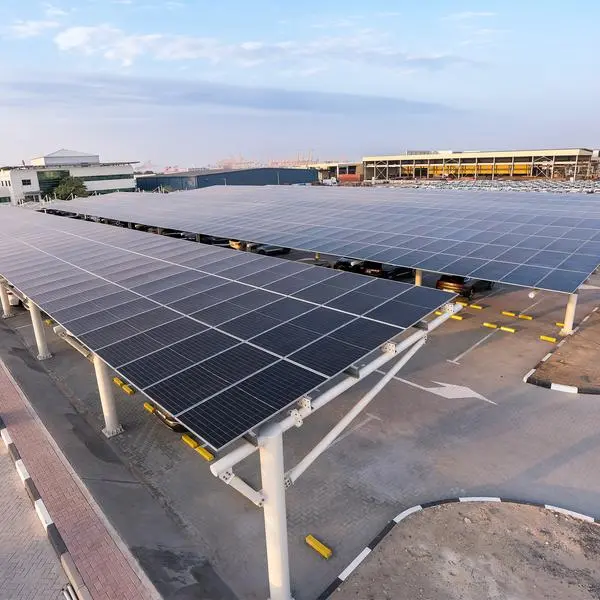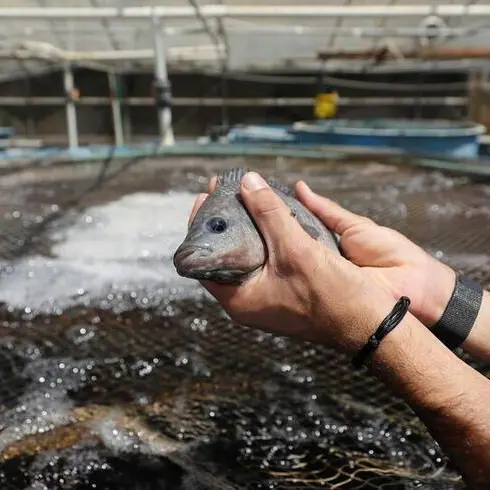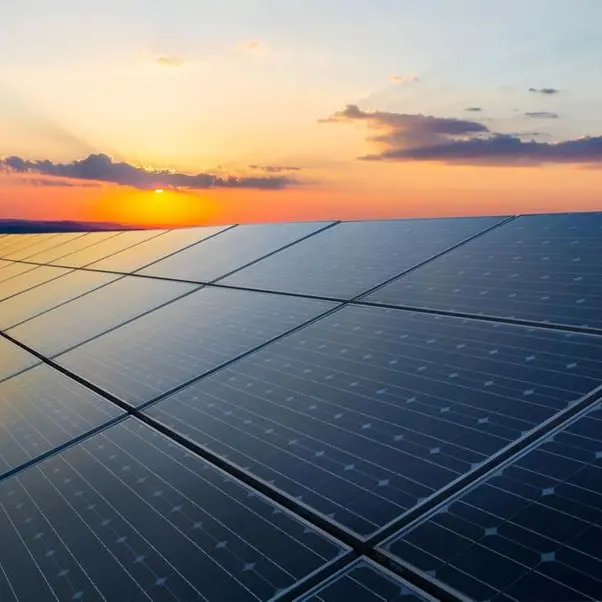PHOTO
BEIJING - Academician Liu He, a distinguished figure in China's energy sector, has emphasised the profound significance of the ongoing global shift from traditional fossil fuels to renewable energy for China.
In the forum titled "Shougang Blast Furnace Forum-ESG Development", the academician said that China is advancing its energy transformation with the ultimate aim of achieving its carbon peak and neutrality goals (the "Dual Carbon" goals). This relentless pursuit is highlighted in the recently published White Paper titled "China's Energy Transition," which underscores the nation's commitment to sustainable development.
"The shift from traditional fossil fuels to renewable energy is of paramount importance to China," Liu said in an interview with China Economic Net. He highlighted that China's reliance on imported oil and gas presents a challenge to national energy security, making the move toward renewables imperative. "It helps to reduce our dependence on external energy markets and enhances our national energy sovereignty."
The Chinese government has been proactive in supporting this transition. According to Liu, China has a strong manufacturing base and technological capabilities in photovoltaic and wind power. By 2023, the cumulative installed capacity of photovoltaic and wind power will be 1.05 billion kilowatts, with an annual capacity of 293 million kilowatts.
China is also an important global producer and exporter of renewable energy equipment. The country's exports of wind and photovoltaic (PV) products helped other countries reduce carbon dioxide emissions by about 810 million tonnes in 2023.
China has been committed to strengthening international cooperation and sharing its experience in energy technology with other countries. For example, China has carried out clean energy projects with countries participating in the Belt and Road Initiative. It has also established bilateral energy cooperation mechanisms with nearly 30 countries, covering areas such as technical exchanges and project cooperation.
Liu noted that while the country has made significant strides, challenges remain due to the uneven distribution of resources and the inherent economic constraints of renewable energy technologies.





















